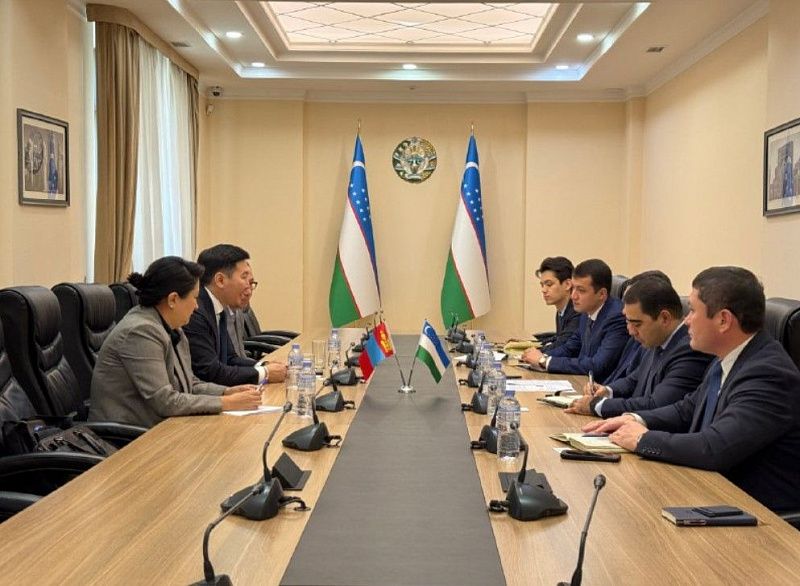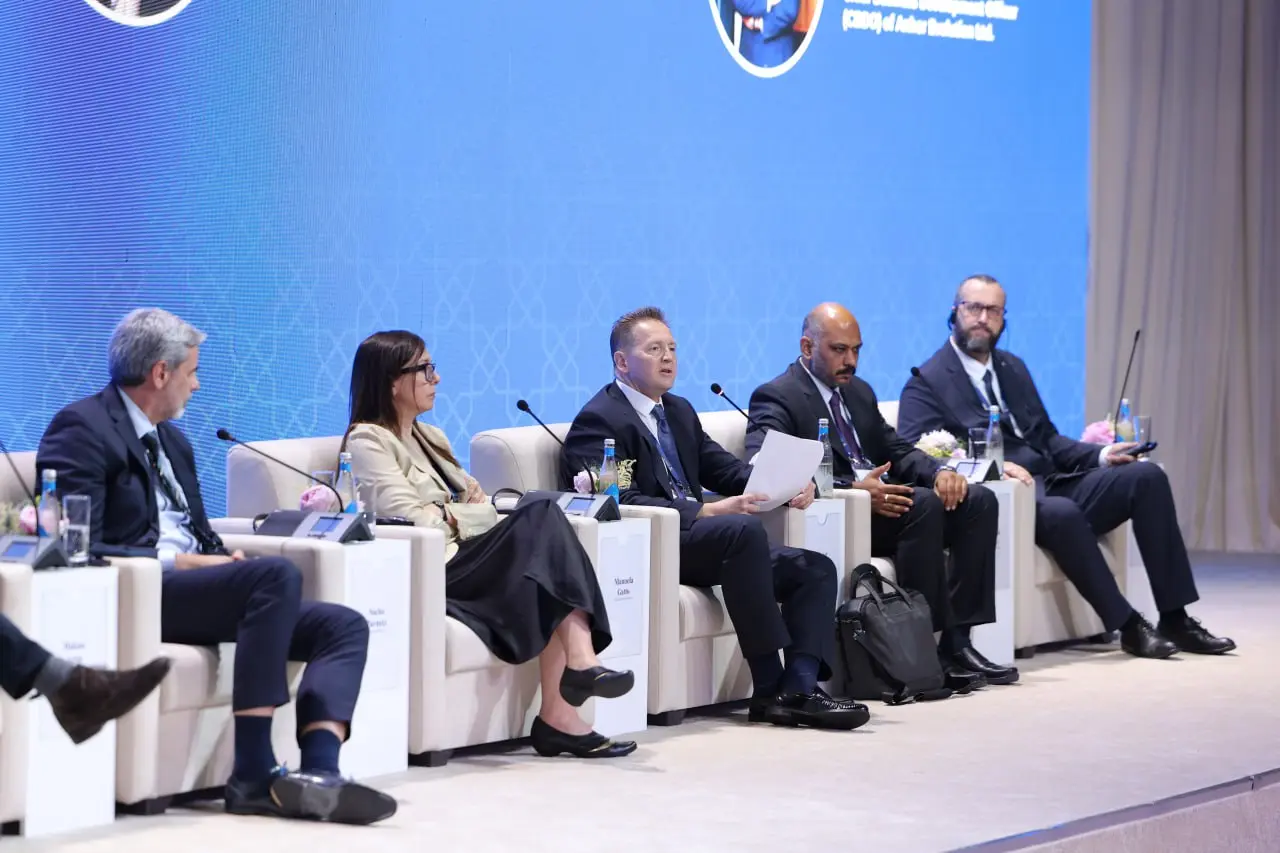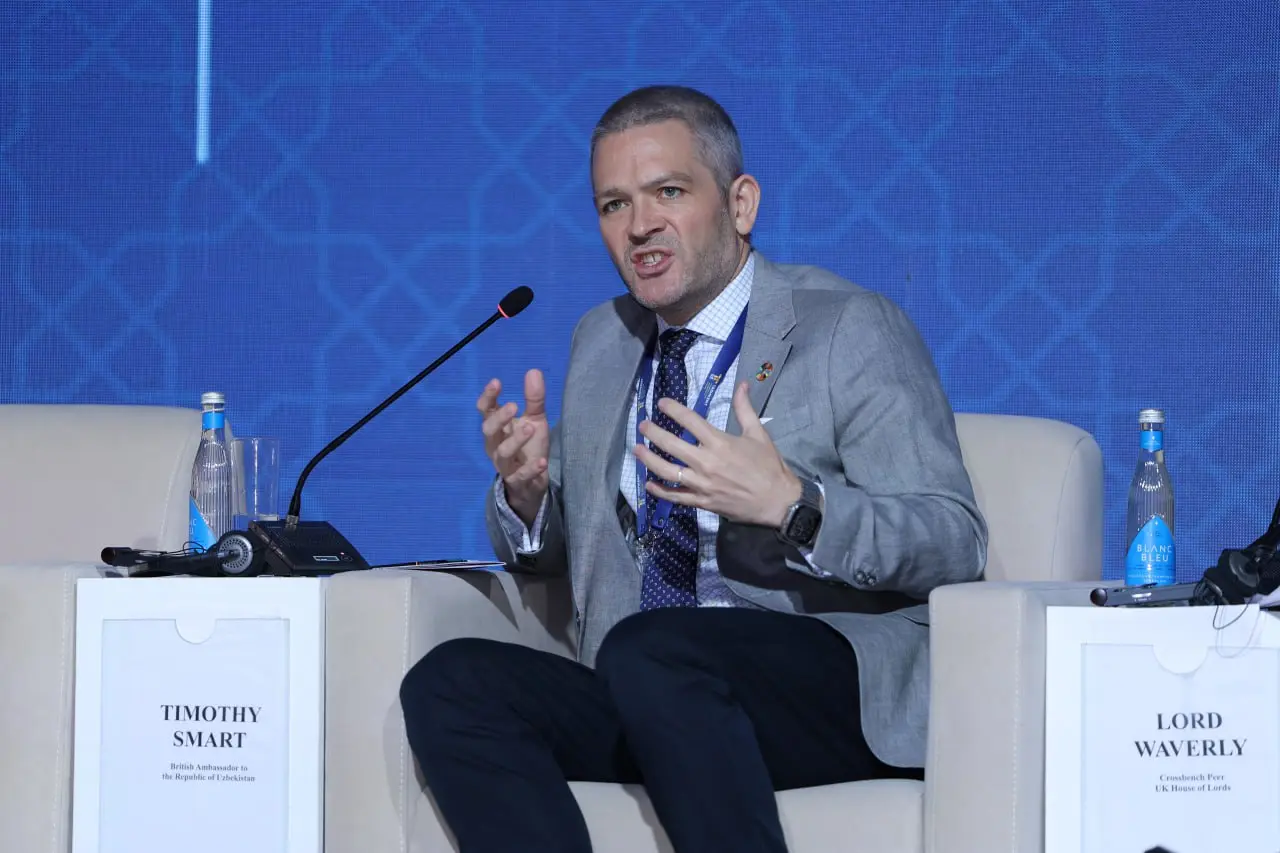Starting from March 1, 2025, a new version of the Law "On Telecommunications" (No. URQ-1015), adopted on December 27, 2024, began to operate in the Republic of Uzbekistan. The document was the result of a deep legislative reform in the field of information and communication technologies and reflects the transition to modern international regulatory standards.
One of the key changes was to bring terminology in the industry in line with global technical standards and digital realities. The authorized state body in the field of telecommunications has received exclusive powers to approve and adapt terms, which allows for a more flexible and rapid response to technological changes.
The new version establishes the priority direction of the state policy-creating conditions for sustainable and safe use of the global Internet. This means that digital transformation is considered at the state level as a strategic task that covers infrastructure, management and interaction of all industry participants.
The Law clearly delineates the functions and responsibilities of all regulatory and control bodies, including the Government, authorized agencies, local authorities, and business entities. This approach forms the administrative management vertical necessary for transparent and consistent regulation.
Significant changes have been made to the licensing procedure. The law exempts organizations that use data transmission networks exclusively for production, technological purposes, or to provide services within the framework of banking, payment systems,and e-commerce platforms from obtaining a license.
The possibility of sharing telecommunications infrastructure between operators and providers is fixed. This applies to both active (equipment) and passive (communication channels, masts, radio frequency spectrum) elements. This step is aimed at reducing costs and stimulating competition, especially in the regions.
Among the new requirements is the mandatory integration of telecommunications infrastructure into architectural projects of buildings and structures for public, residential and administrative purposes. This will ensure the technical readiness of facilities for digital services even at the construction stage.
A separate rule stipulates that mobile devices without registering IMEI codes will not be able to connect to communication networks, which strengthens the legal mechanism for combating "gray" imports and protects the interests of operators, the state and end users.
The updated law is a comprehensive regulatory document focused on the long-term development of the digital economy, the formation of a technologically sustainable and legal environment, as well as expanding public and business access to high-quality telecommunications services.











